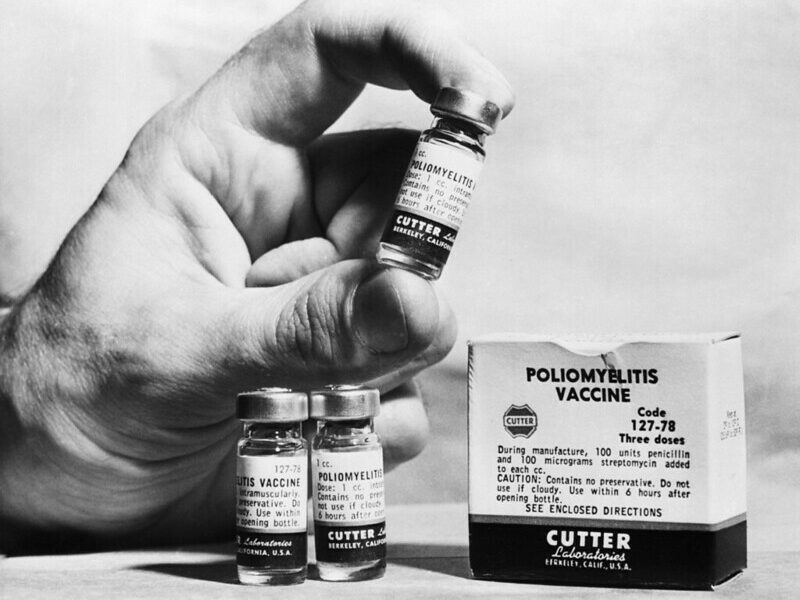In 2012, the New York City Department of Health and Mental Hygiene (DOHMH) calculated a troubling statistic: the rate of invasive meningococcal disease (IMD) in men who have sex with men (MSM) was about 50 times higher than the rate of IMD in the rest of the adult male population. Four new cases of IMD were reported in New York City’s MSM population since January of this year, and three of the last five cases died.
Invasive meningococcal disease typically causes meningitis, an infection of the lining of the brain and spinal cord. Meningitis is actually a symptom of or response to something else, usually a bacterial or viral infection. It can also be caused by physical trauma, cancer, or drugs. It is potentially fatal and can be contagious to close contacts, such as housemates or sex partners.
In this outbreak, the infected men are suffering from both meningitis and blood poisoning. Meningococcal disease is transmitted from person-to-person through the exchange of respiratory and throat secretions; so intimate contact or the sharing of food, utensils or cigarettes could increase risk of transmission. Symptoms develop within three to seven days of exposure and usually include sudden onset of fever, headache, and stiff neck. A rash may be present or the person may experience severe muscular or abdominal pain. Nausea, vomiting, sensitivity to light and an altered mental status are also common. Serious long-term complications such as brain damage, hearing loss, or learning disabilities may occur.
In response to the trend of IMD infection in the MSM population, the DOHMH recently changed its vaccination recommendations to include all HIV-infected men who have sex with men, as well as HIV-uninfected MSM who “regularly have contact with other men met through a website, digital application (“App”), or at a bar or party.” Since the outbreak is centered on MSM from New York City, these recommendations are not yet applied to the general public.
The high rate of meningitis in MSM may be because this population also presents higher rates of HIV. Infection with HIV and a weakened immune system is associated with an increased likelihood of developing community-acquired bacterial meningitis. Of the 22 total cases in this outbreak, 12 were co-infected with HIV.
To slow the spread of meningitis cases in New York City’s MSM population, the DOHMH has been actively involved in various outreach initiatives. The department conducted an extensive digital campaign, with blog posts and twitter activity as well as banners, pop-up ads, and email blasts to members of MSM dating sites. They also distributed over 50,000 postcards and 1,000 posters to clinics and hospitals with information on the outbreak and vaccination. Additionally, the department has sponsored numerous free vaccination events at popular MSM bars and clubs to target this high-risk population.
These efforts to improve vaccination rates among MSM have had a positive impact, with the DOHMH estimating that well over 5,000 men in New York City have been vaccinated since the outbreak began. With the new vaccine recommendations, however, the department is hoping to reach a greater proportion of the expanded target population and is looking for innovative ways to encourage those at risk to get vaccinated.
Vaccination is the best defense against the disease and a necessary step to protect against infection. “… By equipping the public with information on vaccination, early detection and treatment, we can contain the spread of this serious disease,” announced Council Member Carmen Arroyo in a recent press release.
Most adults require only a single injection of the meningitis vaccine for protection. However, for the immunocompromised, two injections spaced two months apart may be necessary. According to the CDC, the vaccine is 80 to 90 percent protective against infection with meningitis. The vaccine is only preventative however. Invasive meningococcal disease can be treated with antibiotics, but even then, 15 percent of survivors will develop long-term neurological side effects.
